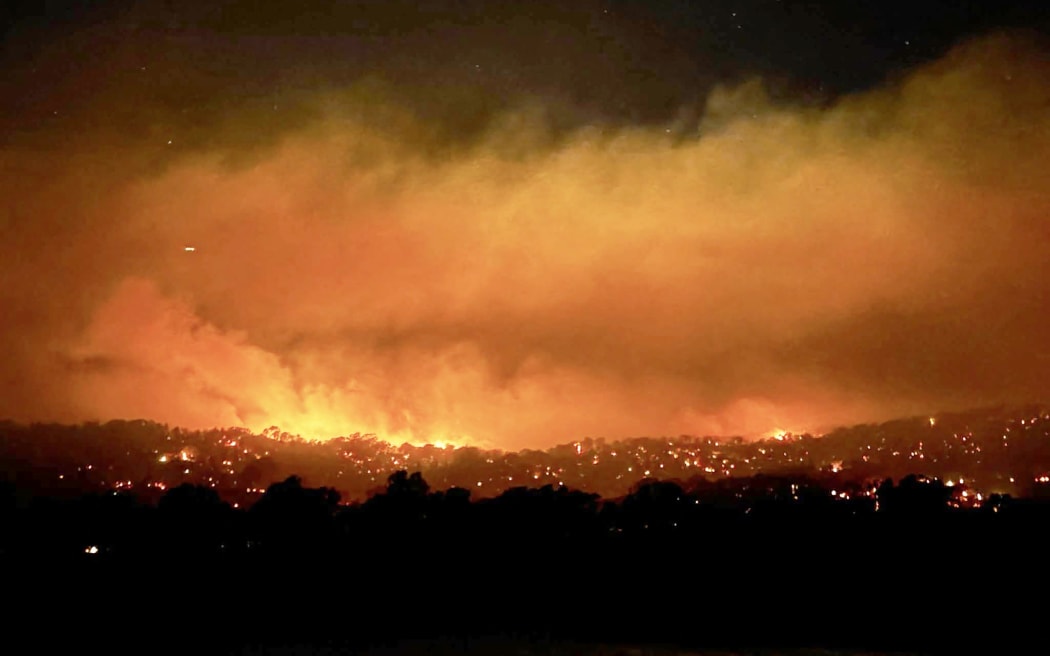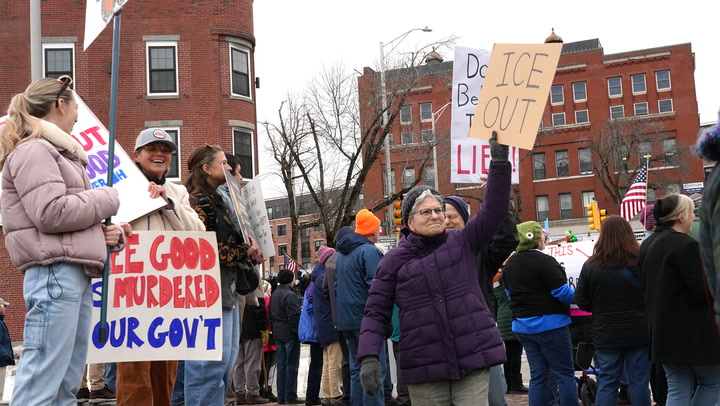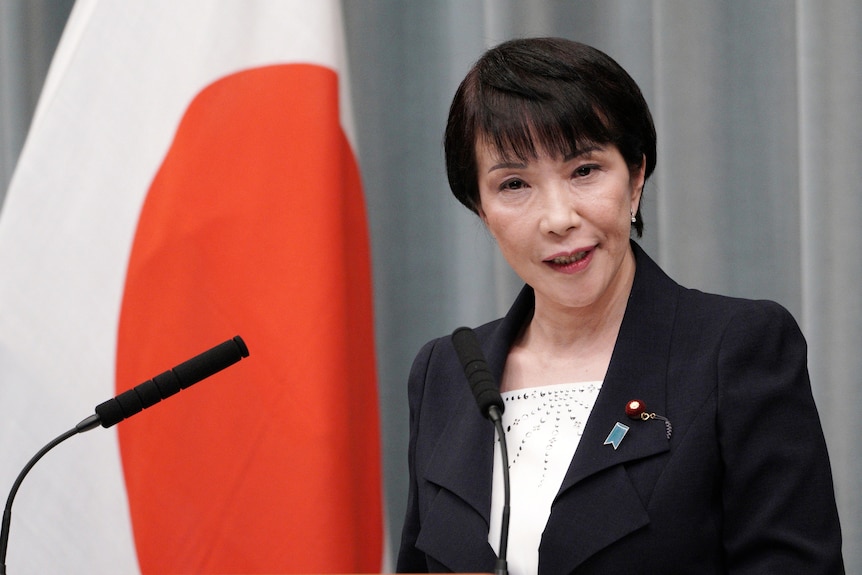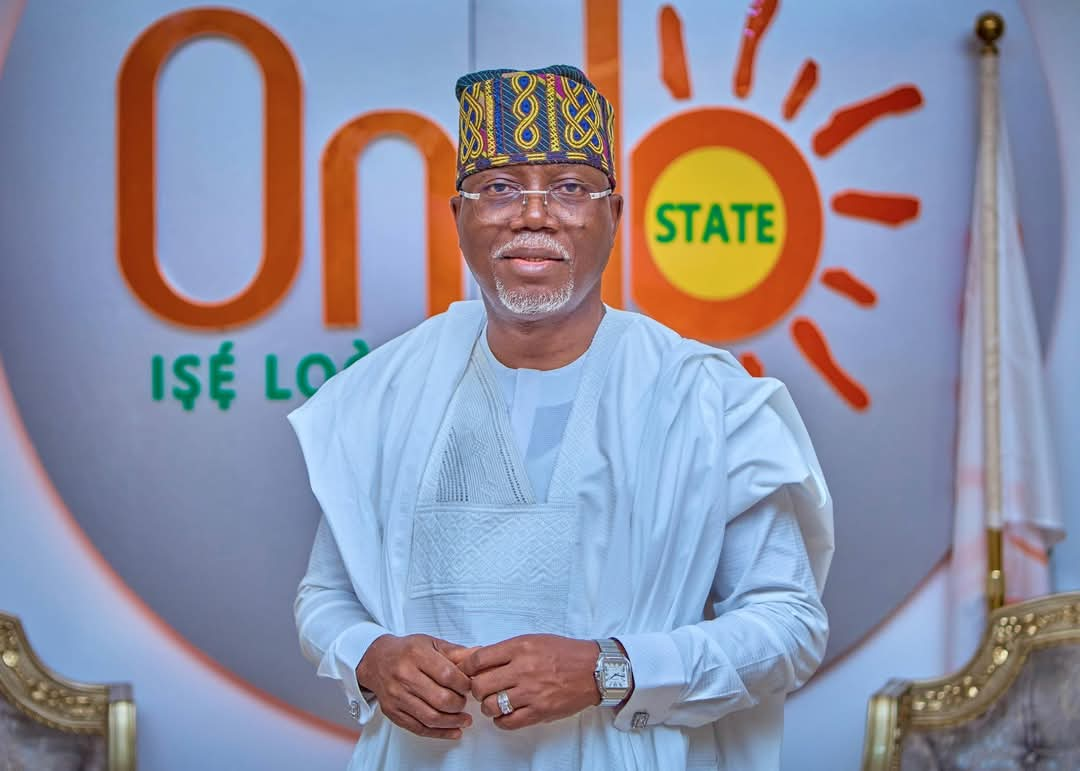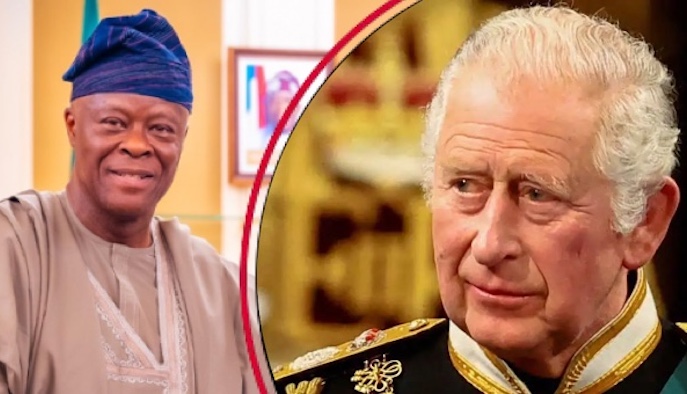The United Nations warned Thursday that Syria remains “deeply fragile” despite a recent period of relative calm, urging the Security Council to step up efforts toward peace, accountability, and humanitarian support.
“As we meet, Syrians in Damascus and elsewhere, inside and outside Syria, are marking the somber anniversary of the Ghouta chemical weapons attack of 2013,” UN Special Envoy for Syria Geir Pedersen told the Council. “It is a painful reminder of the suffering endured by Syrian civilians, and of the grave abuses and violations of international law that must never be repeated.”
Pedersen emphasized renewed diplomacy and respect for Syria’s sovereignty in the wake of Israeli military actions. “Israel’s airstrikes have subsided following the latest ceasefire, but IDF ground operations in southwest Syria have continued. Such actions are unacceptable,” he said, calling for full respect of Syria’s independence and the 1974 Disengagement of Forces Agreement.
Welcoming a recent ministerial-level meeting between Syria and Israel in Paris, Pedersen said there is “clear scope to address issues diplomatically and without further confrontation.” He also raised concerns over terrorism, elections, and refugee return, noting that Syrian authorities must take decisive measures against ISIL (Daesh), Al-Qaida, and foreign terrorist fighters.
Read Also: Pakistan’s Leader Hosts China’s Diplomat, Vows Deeper Bond
Turning to the humanitarian crisis, UN Relief Chief Tom Fletcher told the Council that “16 million Syrians still need humanitarian support.” He reported that more than 185,000 people have been displaced in recent months, while aid convoys and medical missions continue to come under attack.
“We need better humanitarian and commercial access. And most of all, we need safety,” Fletcher warned. “Our humanitarian appeal for 2025 is only 14 percent funded. Aid cuts are projected to lead to staffing reductions of at least 40 percent across NGOs, which will be hit the hardest.”
Despite challenges, Fletcher pointed to signs of progress, welcoming recent diplomatic efforts by Jordan, Türkiye, the United States, France, and regional actors. “Announcements of new investments in infrastructure and energy supply are encouraging,” he said, adding that they signal confidence in shifting Syria from a humanitarian-led response toward long-term development.


